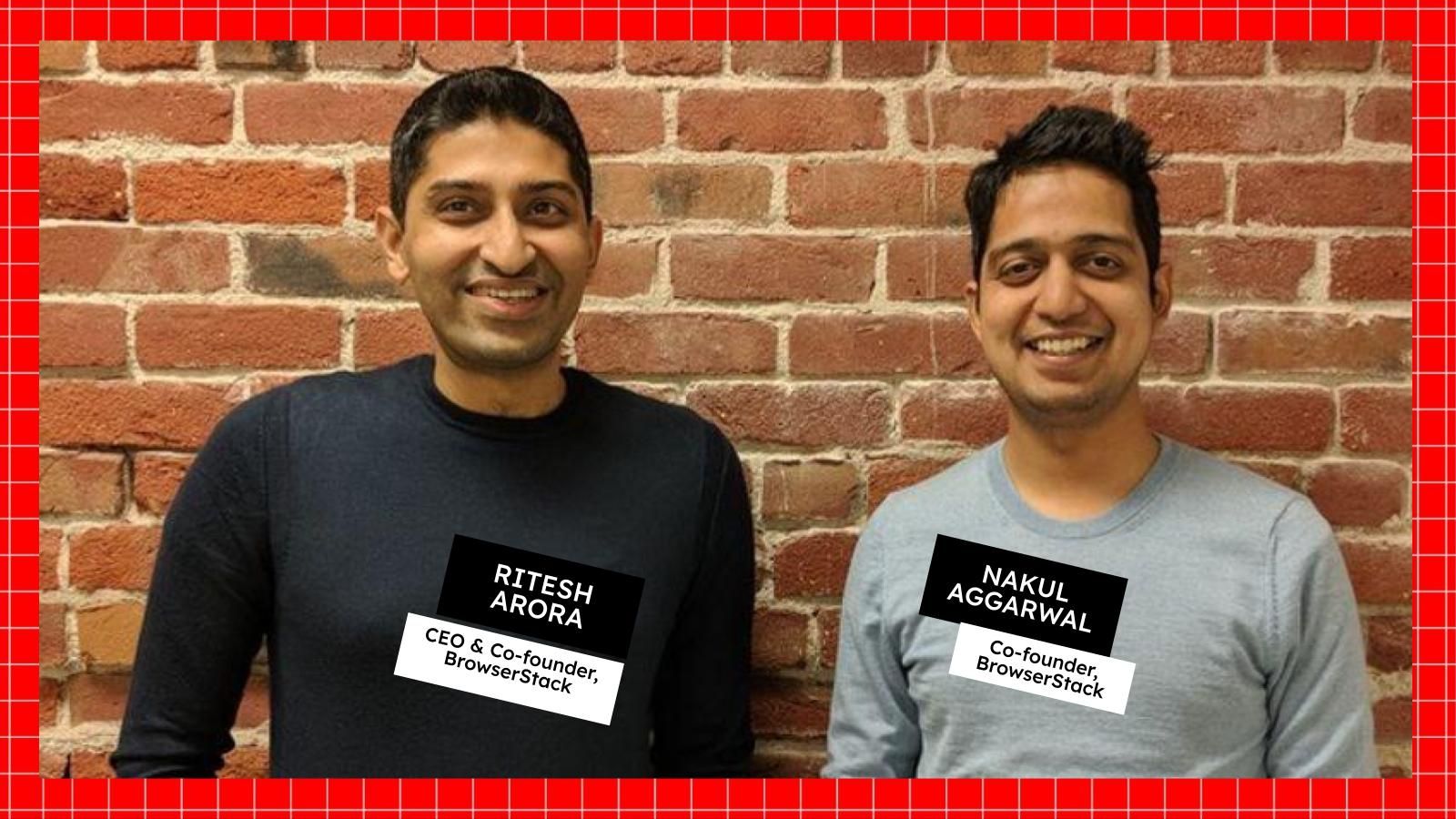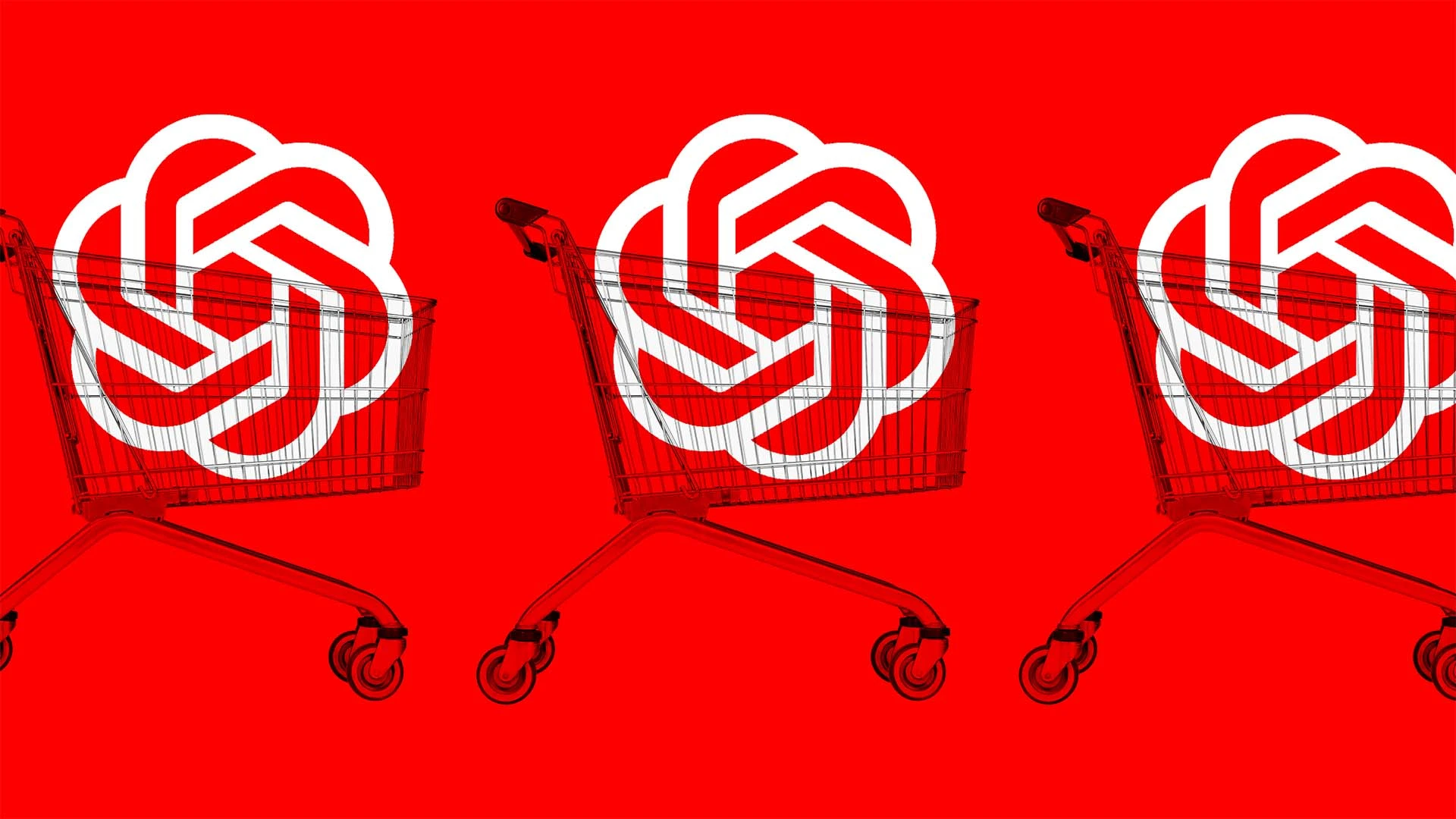Are Ad Blockers Legal?
The Legalities of Blocking Online Ads In a time when advertising supports the majority of the material we view, millions of users now use ad blockers on their web browsers. Many people use ad-blocking technologies to restore control over the internet, which can feel full of distractions as pop-ups and autoplay videos. But one frequently asked question is: Are ad blockers legal? This blog analyzes the technological, ethical and legal facets of ad blocking so you can choose sensible decisions about your web browsing habits. What Are Ad Blockers? Ad blockers are applications that detect and eliminate ads before they run on a webpage. They are usually added to the browser or built-in browser abilities. They perform by restricting known ad-serving domains or particular kinds of content (including images, scripts, or video content) using filter lists and scripts. The goal? A cleaner, faster, and less intrusive web experience. Some ad blockers also offer added features like: Privacy protection by blocking tracking pixels and cookies Malvertising prevention, which shields users from ads infected with malware Content control, allowing users to whitelist certain sites or customize filtering perform Are Ad Blockers Legal? Yes. The majority of countries around the globe, including the US, Canada, Australia and the EU, allow ad blockers. That is the reason: Running an ad blocker simply allows a person to control how ads are displayed on their own device. It's equivalent to installing a web browser or modifying the monitor's brightness. You have the right to edit how the data displays or works once it hits your computer. Multiple court rulings across Europe have upheld the legality of ad-blocking tools, arguing that users have the freedom to filter content as they see fit. Example: German Court Ruling In 2016, Germany’s Federal Court of Justice ruled in favor of Eyeo GmbH, the creators of a popular ad-blocking extension. The court decided that there were not any legal offenses or publisher violations of rights linked to ad blocking. Why the Controversy, Then? Just because ad blockers are legal doesn’t mean everyone agrees on their use. From a Publisher’s Perspective: Websites depend heavily on advertising revenue to offer free content. When users block ads, it impacts how these platforms earn money. This tension has led some publishers to Restrict access for users with ad blockers Display pop ups asking users to disable their blockers Use anti-ad-blocking scripts that detect and disable the tool From a User’s Perspective: Users argue they’re not obligated to accept every piece of content sent to their browser—especially when it: Slows down page load time Uses aggressive tracking Disrupts reading or watching experience Contains security threats This creates a legal vs. ethical debate: while ad blockers are lawful, should users be mindful of how they impact content creators? How Do Ad Blockers Work? Understanding how ad blockers function can help clarify their legal and technical standing. Filter Lists Ad blockers rely on publicly maintained filter lists (like EasyList) that identify domains known to serve ads. These lists are updated regularly and control what the blocker removes from a page. Pattern Matching They scan incoming content and look for elements that match ad patterns— banners, iframes, JavaScript, etc.—and prevent them from loading. Custom Settings Most tools allow users to: Whitelist websites they support Block specific elements Control privacy options like cookie or tracker blocking This flexibility empowers users without violating site integrity or breaching legal boundaries. Common Reasons People Use Ad Blockers The popularity of ad blockers has surged for several reasons: 1.Privacy Protection Many ads include tracking mechanisms that collect user data across websites. Ad blockers prevent this by blocking third-party trackers and scripts. 2.Speed and Performance Ads can significantly increase page load times, especially video and animation-heavy ones. Blocking these makes websites faster and less resource-intensive. 3.Reduced Clutter Cleaner pages with no banners, pop-ups, or video interruptions make for a more enjoyable browsing experience. 4.Security Some online ads (a practice called “malvertising”) have been used to spread malware. Blocking them adds an extra layer of protection. Global View: Are Ad Blockers Legal Everywhere? While ad blockers are broadly legal, here’s a quick look at how they’re viewed in different regions: United States: Fully legal. No legislation currently restricts the use of ad-blocking software. European Union: Legal and upheld by courts in Germany, France, and beyond. Australia & Canada: No laws banning the use of ad blockers. China & Some Other Countries: May discourage ad-blocking tools, particularly on government-affiliated or national service platforms.
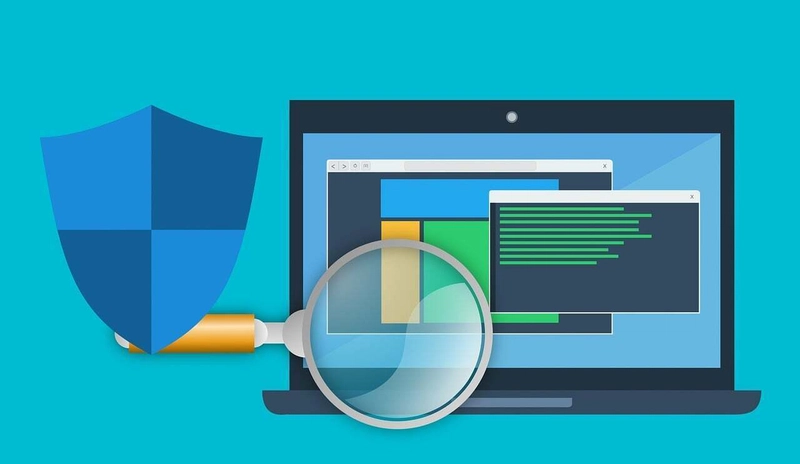
The Legalities of Blocking Online Ads
In a time when advertising supports the majority of the material we view, millions of users now use ad blockers on their web browsers. Many people use ad-blocking technologies to restore control over the internet, which can feel full of distractions as pop-ups and autoplay videos.
But one frequently asked question is: Are ad blockers legal?
This blog analyzes the technological, ethical and legal facets of ad blocking so you can choose sensible decisions about your web browsing habits.
What Are Ad Blockers?
Ad blockers are applications that detect and eliminate ads before they run on a webpage. They are usually added to the browser or built-in browser abilities. They perform by restricting known ad-serving domains or particular kinds of content (including images, scripts, or video content) using filter lists and scripts.
The goal? A cleaner, faster, and less intrusive web experience.
Some ad blockers also offer added features like:
Privacy protection by blocking tracking pixels and cookies
Malvertising prevention, which shields users from ads infected with malware
Content control, allowing users to whitelist certain sites or customize filtering
perform
Are Ad Blockers Legal?
Yes. The majority of countries around the globe, including the US, Canada, Australia and the EU, allow ad blockers.
That is the reason:
Running an ad blocker simply allows a person to control how ads are displayed on their own device. It's equivalent to installing a web browser or modifying the monitor's brightness. You have the right to edit how the data displays or works once it hits your computer.
Multiple court rulings across Europe have upheld the legality of ad-blocking tools, arguing that users have the freedom to filter content as they see fit.
Example: German Court Ruling
In 2016, Germany’s Federal Court of Justice ruled in favor of Eyeo GmbH, the creators of a popular ad-blocking extension. The court decided that there were not any legal offenses or publisher violations of rights linked to ad blocking.
Why the Controversy, Then?
Just because ad blockers are legal doesn’t mean everyone agrees on their use.
From a Publisher’s Perspective:
Websites depend heavily on advertising revenue to offer free content. When users block ads, it impacts how these platforms earn money.
This tension has led some publishers to
- Restrict access for users with ad blockers
- Display pop ups asking users to disable their blockers
- Use anti-ad-blocking scripts that detect and disable the tool
From a User’s Perspective:
Users argue they’re not obligated to accept every piece of content sent to their browser—especially when it:
Slows down page load time
Uses aggressive tracking
Disrupts reading or watching experience
Contains security threats
This creates a legal vs. ethical debate: while ad blockers are lawful, should users be mindful of how they impact content creators?
How Do Ad Blockers Work?
Understanding how ad blockers function can help clarify their legal and technical standing.
Filter Lists
Ad blockers rely on publicly maintained filter lists (like EasyList)
that identify domains known to serve ads. These lists are updated
regularly and control what the blocker removes from a page.-
Pattern Matching
They scan incoming content and look for elements that match ad patterns—
banners, iframes, JavaScript, etc.—and prevent them from loading.- Custom Settings Most tools allow users to:
- Whitelist websites they support
- Block specific elements
- Control privacy options like cookie or tracker blocking
- This flexibility empowers users without violating site integrity or breaching legal boundaries.
- Common Reasons People Use Ad Blockers
The popularity of ad blockers has surged for several reasons:
1.Privacy Protection
Many ads include tracking mechanisms that collect user data across websites. Ad blockers prevent this by blocking third-party trackers and scripts.
2.Speed and Performance
Ads can significantly increase page load times, especially video and animation-heavy ones. Blocking these makes websites faster and less resource-intensive.
3.Reduced Clutter
Cleaner pages with no banners, pop-ups, or video interruptions make for a more enjoyable browsing experience.
4.Security
Some online ads (a practice called “malvertising”) have been used to spread malware. Blocking them adds an extra layer of protection.
Global View: Are Ad Blockers Legal Everywhere?
While ad blockers are broadly legal, here’s a quick look at how they’re viewed in different regions:
- United States: Fully legal. No legislation currently restricts the use of ad-blocking software.
- European Union: Legal and upheld by courts in Germany, France, and beyond.
- Australia & Canada: No laws banning the use of ad blockers.
- China & Some Other Countries: May discourage ad-blocking tools, particularly on government-affiliated or national service platforms.
However, it's always recommended to be updated on specific statutes; most users globally don't consider using an ad blocker to be illegal.
Are There Legal Risks for Users?
Ad-blocking software on personal devices has no harm for the majority of users.
However, companies or developers that try to embed ad blockers in third-party tools, alter someone else's website code, or distribute modified content without permission could face legal challenges—especially in commercial contexts.
For personal use, though? You're safe.
FAQ: Ad Blockers & Legality
Q1: Is using an ad blocker legal?
Yes, in most countries. You have the legal right to control how content appears on your device.
Q2: Can websites block me if I use an ad blocker?
Yes, some websites detect ad blockers and may restrict access or ask you to disable it. This isn’t illegal—it’s their choice as a content provider.
Q3: Do ad blockers harm websites?
They can reduce ad revenue, which may affect sites relying on advertising income. That’s why some users choose to whitelist trusted sites.
Q4: Can I use ad blockers in my business network?
Yes, though it’s best to check with your IT or legal team, especially if you’re deploying tools across multiple users or modifying browser behavior.
Q5: Are ad blockers safe to use?
Yes—if you use a reputable tool from a trusted source. Avoid downloading unknown or unofficial versions.
Conclusion:
Ad blockers have changed how people experience the internet—for better or worse, depending on who you ask. But from a legal standpoint, the answer is clear: you’re within your rights to use them.
Whether you're tired of pop-ups, want better privacy, or just prefer a cleaner web, ad blockers offer a simple, legal way to take control of your digital environment.
The conversation around ethics and web monetization will continue, but ultimately, you decide how you experience the web.



































































































































































![[The AI Show Episode 143]: ChatGPT Revenue Surge, New AGI Timelines, Amazon’s AI Agent, Claude for Education, Model Context Protocol & LLMs Pass the Turing Test](https://www.marketingaiinstitute.com/hubfs/ep%20143%20cover.png)














































































































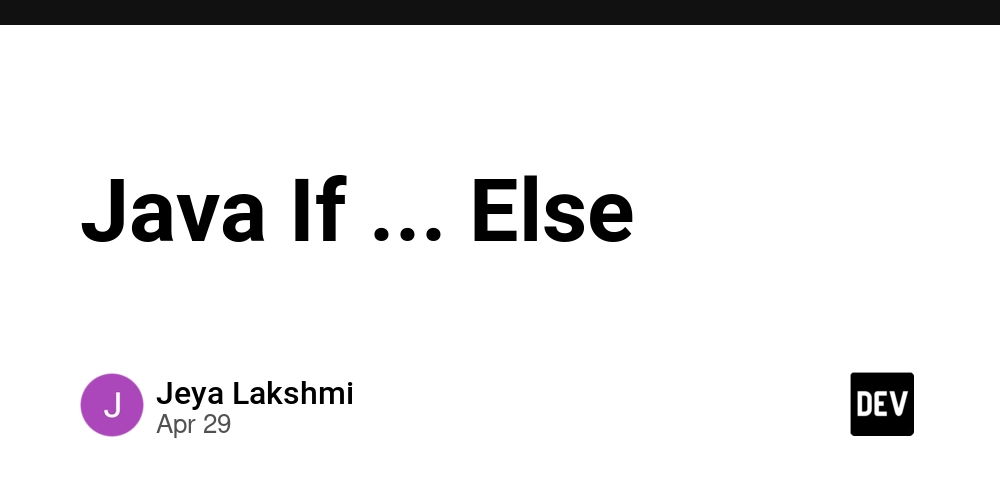
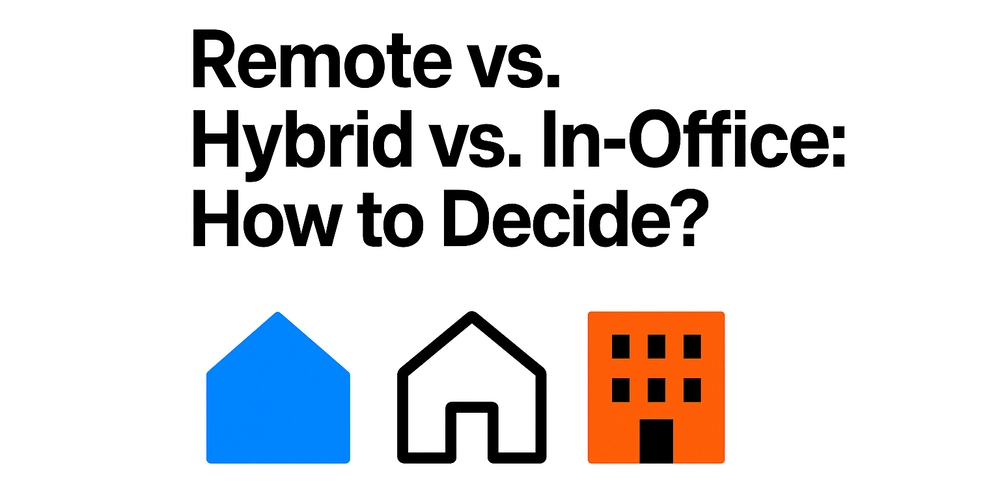


















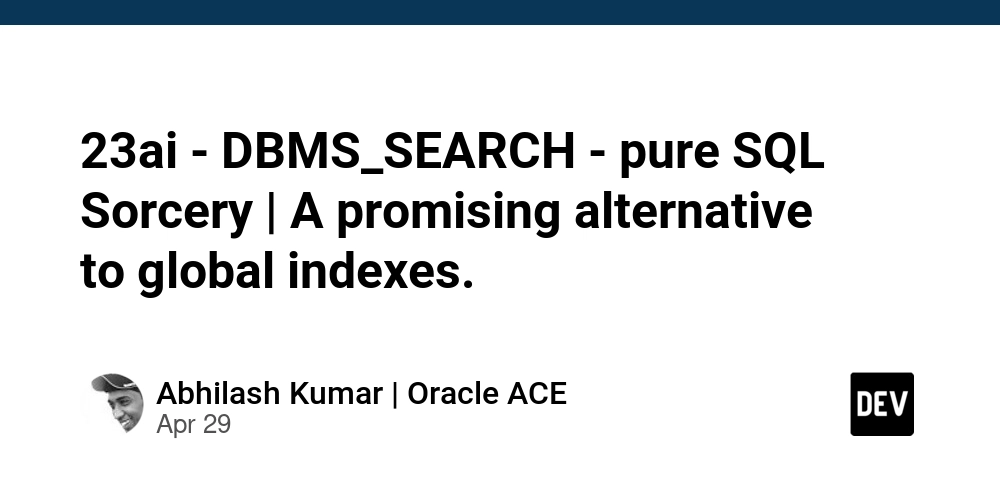





































































































































_Muhammad_R._Fakhrurrozi_Alamy.jpg?width=1280&auto=webp&quality=80&disable=upscale#)
_NicoElNino_Alamy.jpg?width=1280&auto=webp&quality=80&disable=upscale#)





































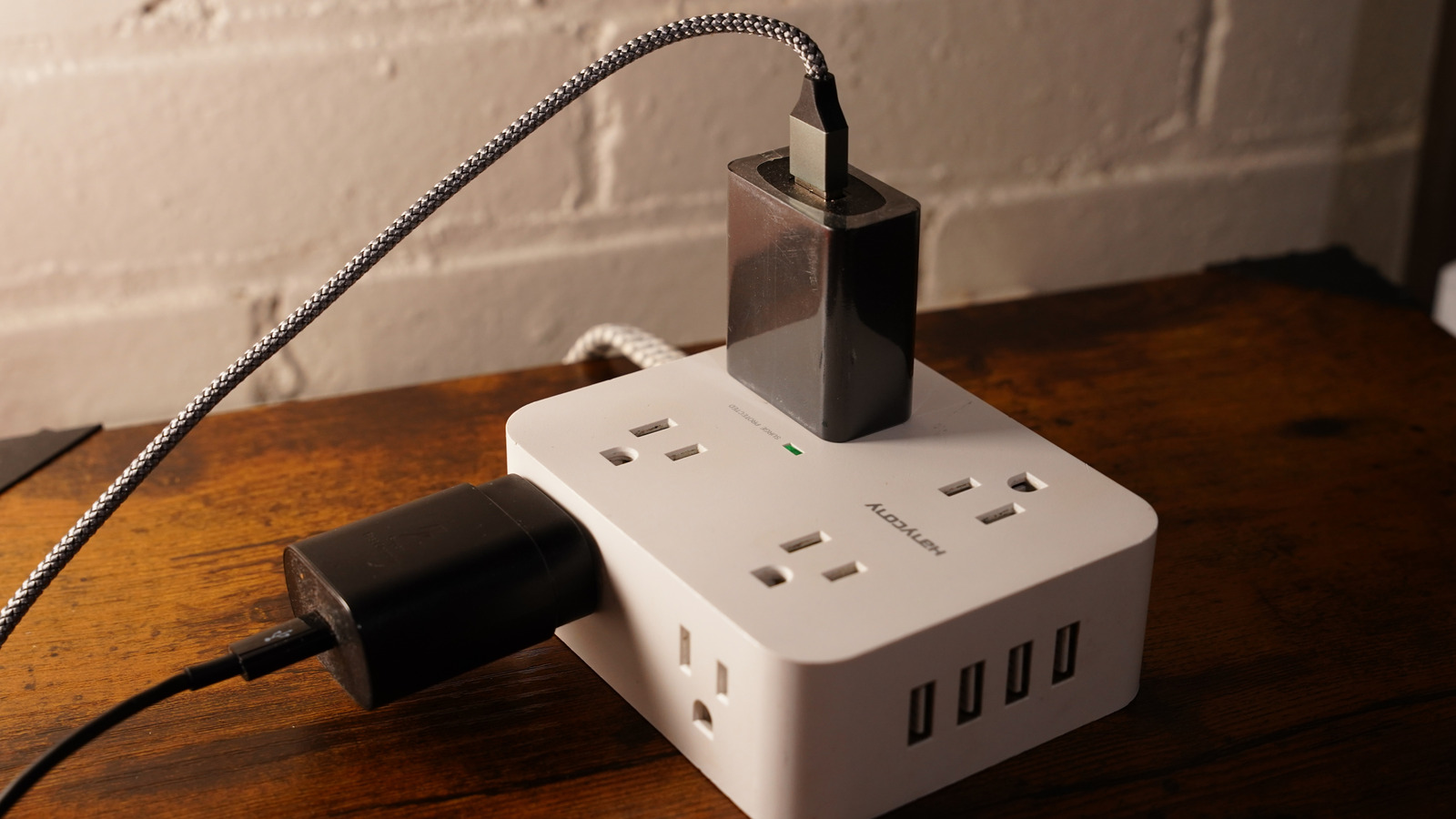












































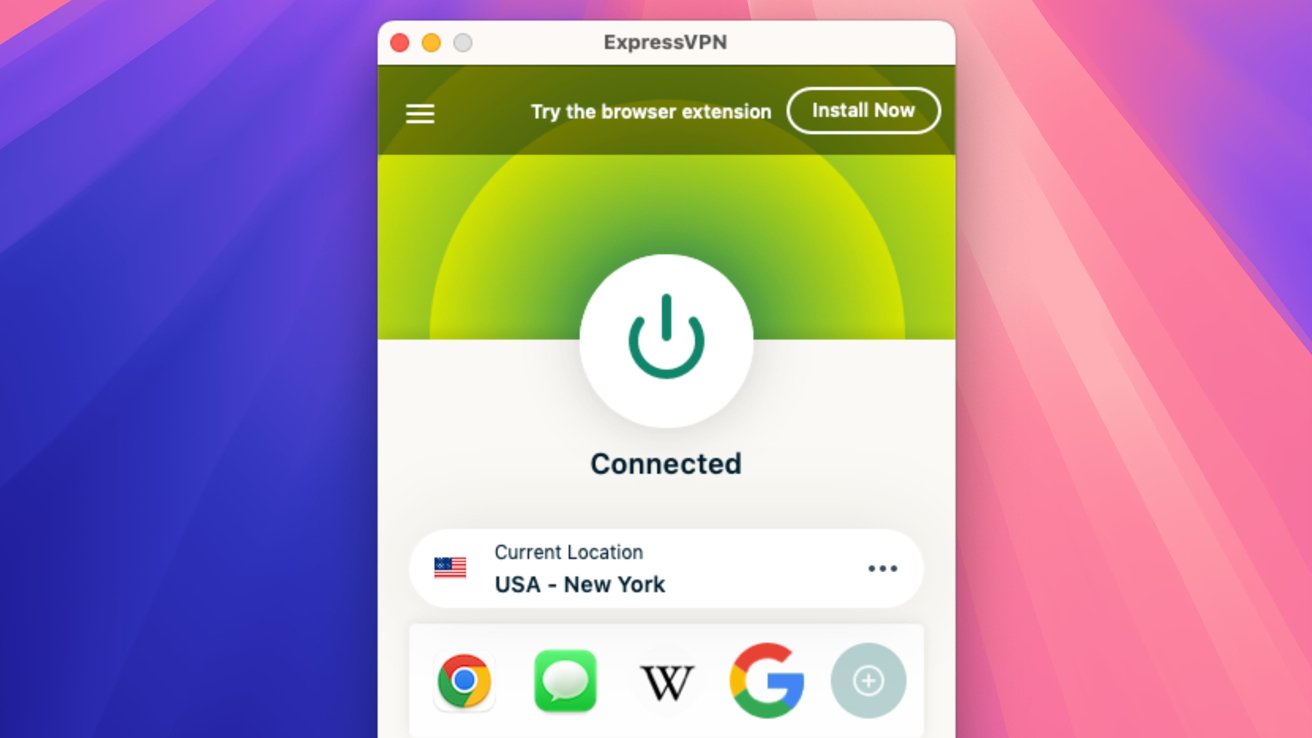




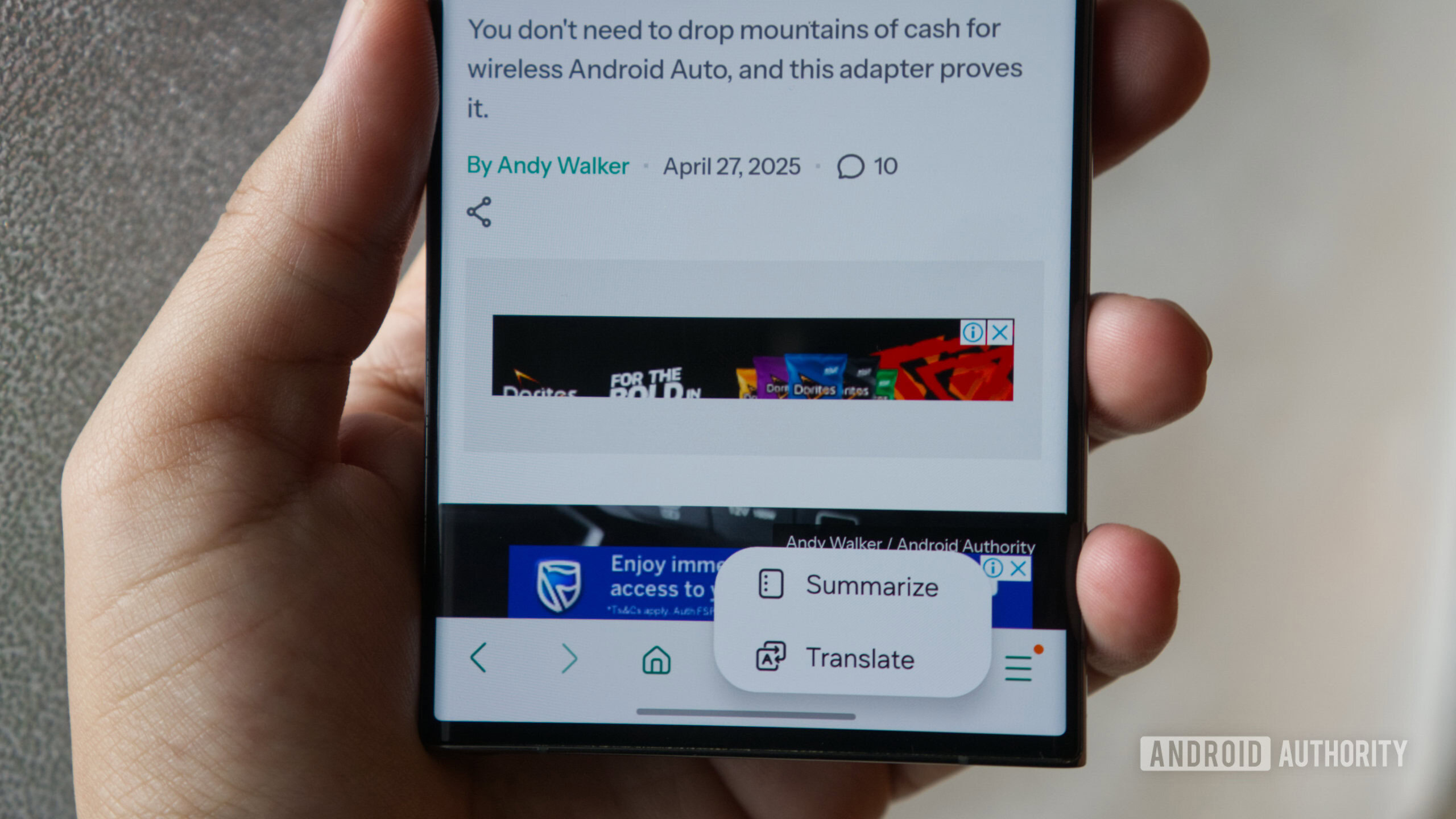

![macOS 15.5 beta 4 now available for download [U]](https://i0.wp.com/9to5mac.com/wp-content/uploads/sites/6/2025/04/macOS-Sequoia-15.5-b4.jpg?resize=1200%2C628&quality=82&strip=all&ssl=1)


















![AirPods Pro 2 With USB-C Back On Sale for Just $169! [Deal]](https://www.iclarified.com/images/news/96315/96315/96315-640.jpg)
![Apple Releases iOS 18.5 Beta 4 and iPadOS 18.5 Beta 4 [Download]](https://www.iclarified.com/images/news/97145/97145/97145-640.jpg)
![Apple Seeds watchOS 11.5 Beta 4 to Developers [Download]](https://www.iclarified.com/images/news/97147/97147/97147-640.jpg)
![Apple Seeds visionOS 2.5 Beta 4 to Developers [Download]](https://www.iclarified.com/images/news/97150/97150/97150-640.jpg)


















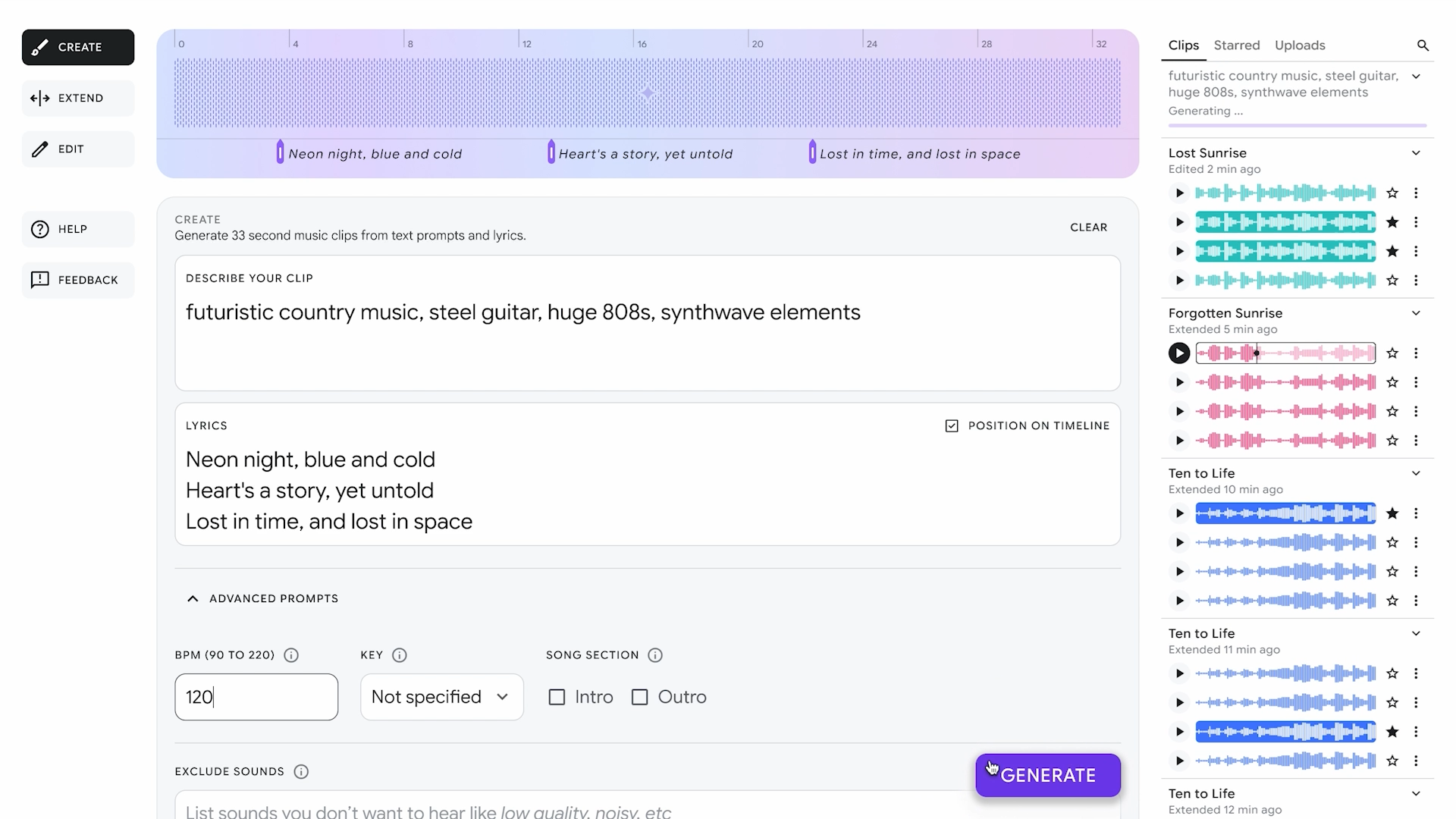


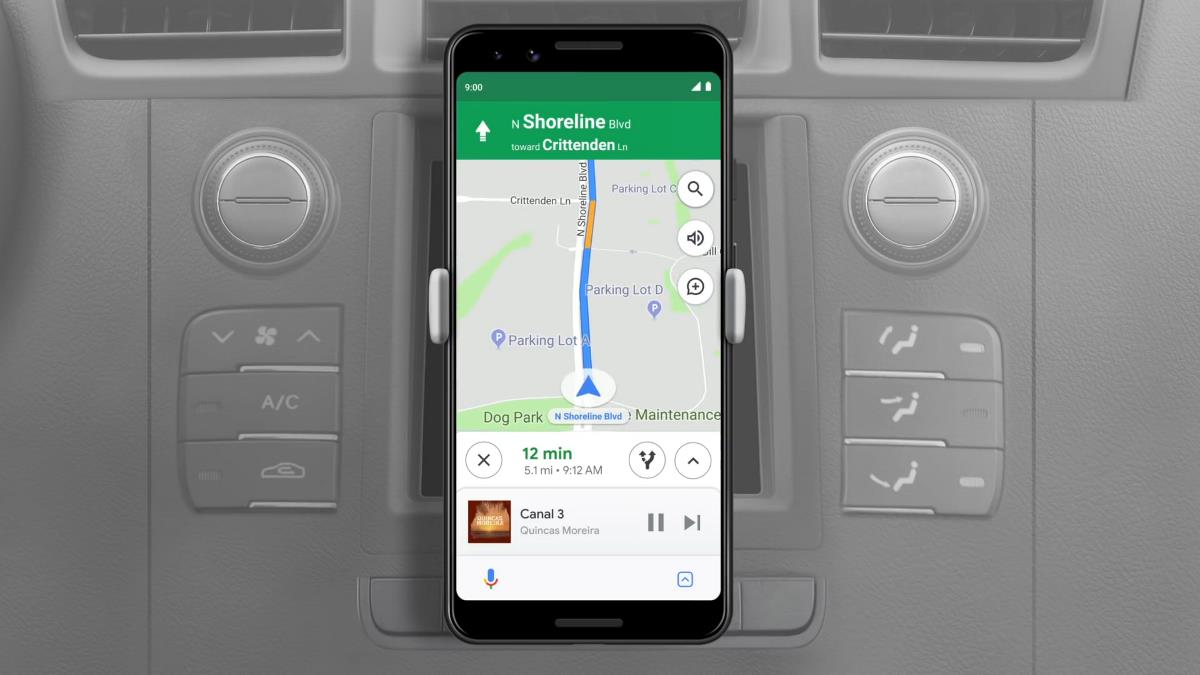

















![Apple Seeds Fourth Beta of iOS 18.5 to Developers [Update: Public Beta Available]](https://images.macrumors.com/t/uSxxRefnKz3z3MK1y_CnFxSg8Ak=/2500x/article-new/2025/04/iOS-18.5-Feature-Real-Mock.jpg)
![Apple Seeds Fourth Beta of macOS Sequoia 15.5 [Update: Public Beta Available]](https://images.macrumors.com/t/ne62qbjm_V5f4GG9UND3WyOAxE8=/2500x/article-new/2024/08/macOS-Sequoia-Night-Feature.jpg)
























